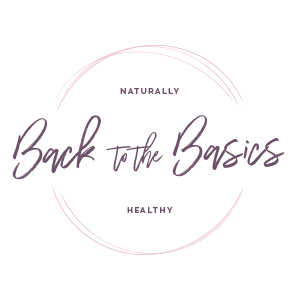What naturopathic measures can support the appendix and intestinal health?
Naturopathic measures can effectively support the appendix and overall intestinal health. A high-fiber, anti-inflammatory diet and the intake of probiotics promote healthy intestinal flora. Medicinal plants such as camomile, yarrow and wormwood have an antispasmodic and anti-inflammatory effect. Heat applications such as abdominal compresses or liver compresses with castor oil can also contribute to relaxation. In homeopathy, remedies such as belladonna or bryonia are used. Naturopathic support is particularly worthwhile for mild complaints or as a preventative measure - ideally accompanied by an experienced therapist.
